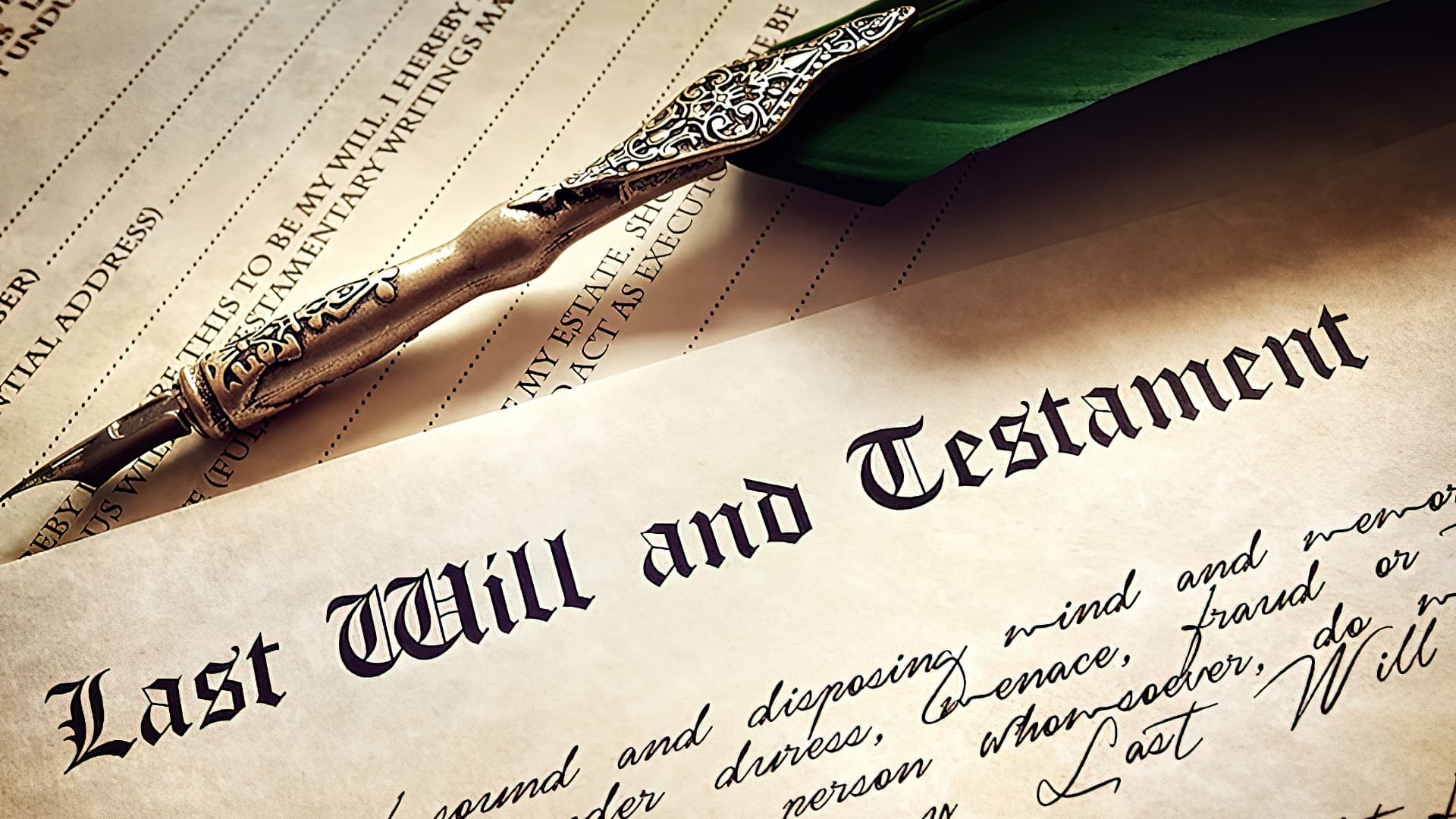
Posted on: 12th September 2022 in Retirement Planning
Estate planning is not an easy task when you are an expat. Reevaluating your estate plan could be necessary if you are a Portuguese resident. This will enable your heirs to avoid paying any taxes on any inheritance they receive from you.
Foreign nationals who have made Portugal their permanent home need to give special attention to two primary areas of estate planning. The first concern is purely legal; will your will even be valid in Portugal? The second concern relates to international taxation; specifically, how much of your estate will be taxed in Portugal or your home country?
The status quo is unlikely to get you what you want, given the differences between Portuguese succession laws and the inheritance tax structure in the UK. You’ll need to take preventative measures to avoid certain disasters.
If you believe that the will you already have written will suffice in Portugal, you are making a mistake.
Your estate cannot be left to anybody you wish in Portugal, unlike in the United Kingdom. You should be careful when planning your estate as some members of your family will be entitled to an inheritance under Portugal’s “forced heirship” law.
50% of your global inheritance will go to your Portuguese wife and children if you are a Portuguese resident.
The EU Succession Law, also known as “Brussels IV,” can be used to nullify forced heirship. Therefore, you can bypass the succession laws of the country where you currently reside and instead apply the laws of the country where you obtained your citizenship. You must specify this in your will otherwise Portuguese law will be applied automatically.
Stamp duty, Portugal’s equivalent of an estate tax, is a comparatively low and lenient levy. Only Portuguese assets are subject to the 10% tax rate, and spouses and immediate family members are exempt. What, though, does the government consider a “family” for this purpose?
The Portuguese cultural image of the family is quite conventional. Only spouses, domestic partners, and children can legally claim family status as direct relatives.
In the event that compulsory heirship is implemented, this would be relevant not only for stamp duty but also succession law. This may cause some people to pay more in taxes than necessary or for certain family members to be disinherited by accident.
What if you have children from a prior relationship that ended a long time ago? Maybe you would like to leave everything to the current spouse; then it is a whole different situation. Your heirs would be considered stepchildren rather than biological children and according to Portuguese legislation would be obliged to pay a 10% stamp duty on Portuguese assets should they inherit from you. You can take measures to guarantee that specific heirs meet the requirements for the applicable exemptions.
In Portugal, a couple that has lived in the same home for over two years can be classified as married for tax reasons. All you will have to do it to inform the local tax office. For succession purposes, lawfully adopted children will likewise be considered part of their biological parents’ families by the Portuguese government.
Your country of domicile determines whether or not you are subject to inheritance tax in the United Kingdom on your whole estate, regardless of where you live. Although the concept of statutory residence can be understood with reasonable ease, becoming legally considered a resident of a country requires that you spend a minimum number of days there each year. However, there is no one-to-one correlation between domicile and physical location.
Many British citizens who have lived overseas for many years choose to keep their domicile in the United Kingdom. Even Brits who have completely cut all ties with the country in order to gain a domicile of choice overseas are nonetheless at risk of being discovered.
It is more difficult to prove the loss of a domicile of origin than to substantiate a domicile of choice, as shown by the many cases brought before the courts. Recent modifications to the rules have made it simpler for those who do not have a permanent residence in the UK to be brought back into compliance.
Even if you move your domicile outside of the United Kingdom and establish it somewhere else (what is known as a “domicile of choice”), your assets in the United Kingdom will still be subject to inheritance tax in the United Kingdom. This is the case even if you are deemed to be a resident of the United Kingdom.
Even if some of your estate might be subject to tax in both countries, the United Kingdom and Portugal have a double tax treaty that includes provisions to ensure that the same asset is not taxed more than once. Through prudent tax planning, you can ensure that the beneficiaries you choose will not be responsible for paying an unreasonable amount of tax.
Holborn Assets is the provider that people turn to first when it comes to financial services in Portugal. Several worldwide client service awards and a staff of fully certified and experienced financial advisers distinguish Holborn as a leading UK-regulated financial services provider. Established in Dubai 20 years ago, our company has since extended to 13 international locations, with over 20 offices and teams ready to serve the needs of the most demanding expatriates.
Many people either don’t realise they need an estate plan or have only a superficial understanding of what goes into one. But if you believe you lack the information to build a financial plan that would enable you to hand your estate over to your loved ones when you pass away, Holborn’s fully qualified consultants are here to help.
We have 18 offices across the globe and we manage over $2billion for our 20,000+ clients
Get started
Estate planning is not an easy task when you are an expat. Reevaluating your estate plan could be necessary if you are a Portuguese resident. This will enable your heirs...
Read more
UK property owners who have made permanent overseas relocation did not have to pay UK capital gains tax on property sales for a long time. However, major modifications in recent...
Read more
With a high quality of life and fantastic business opportunities, Portugal is a top destination for foreign nationals across the globe.Still, moving to a foreign country is a huge step,...
Read more
Investing in property in Portugal is an option that expats should consider. If you ask why there are plenty of reasons. Portugal is not just one of the primary holiday...
Read more